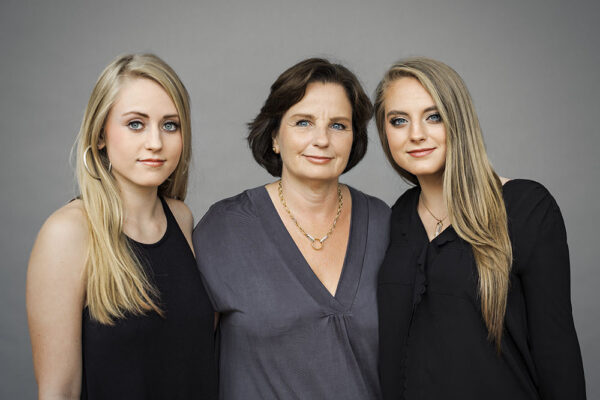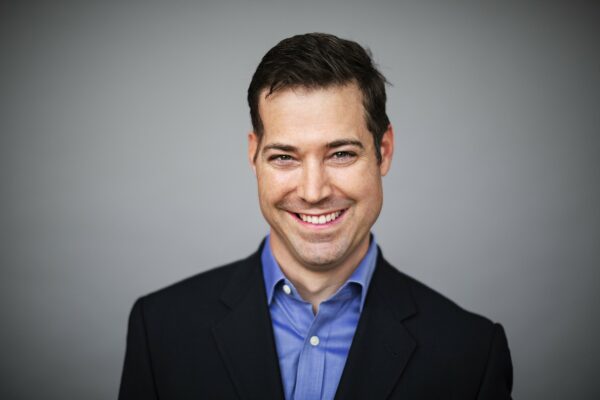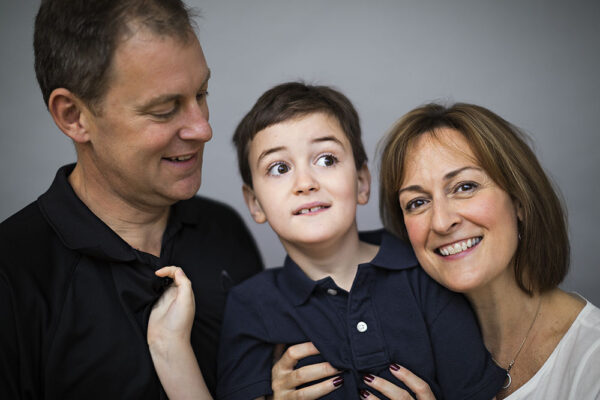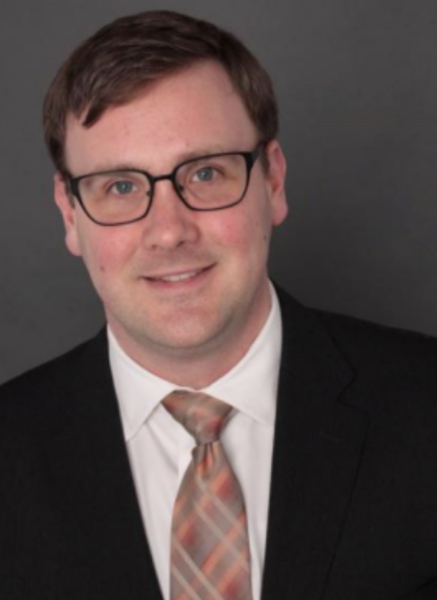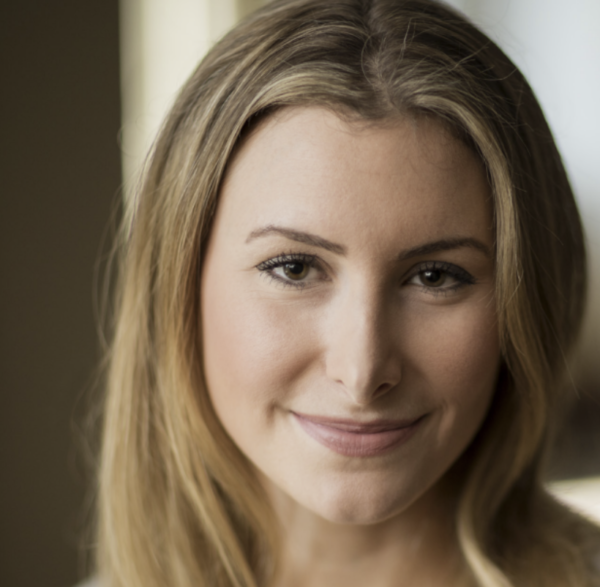
Like many of BRF’s volunteers and donors, Emily Golin, a member of the BRF Young Leadership Board, has a personal stake in brain research. She grew up struggling with OCD but didn’t receive a diagnosis until her 20s, despite seeing multiple clinicians for her symptoms. So for her, Susanne Ahmari’s research on the genetic and molecular basis of the disease is particularly exciting.
“It’s going to potentially allow for earlier diagnoses,” she said.
Emily states that scientists are studying what’s happening in the brains of people with OCD and that antidepressants can help patients manage their symptoms. But there are still many questions to answer about the genetic and molecular basis of the disease. If Dr. Ahmari and her colleagues can shed light on the specific mutations and molecular pathways involved in the disease, it could point to new ways to diagnose and treat the illness.
Joining the Young Leadership Board, which was founded in 2017, has given Emily a platform to help educate others about illnesses that affect the brain and how supporting BRF can help drive research that may one day advance care.
“It’s kind of opened up this new door to start a conversation about mental health and its connection with the brain,” Emily said. “I just can’t tell you how amazing it feels to contribute to an organization supporting such innovative brain research.”
She’s so passionate that she has encouraged friends and others to get involved in BRF. In the process, she’s found that many people have a personal connection with neurological diseases.
“Almost everyone has a connection to someone with a brain disease—to someone with Alzheimer’s or someone struggling with depression,” she said.
One of the things she likes most about BRF is that it is not solely focused on one illness or disease. This inclusive approach means that donations to BRF may help people with many different types of neurological diseases as well as help advance the field as a whole.
“It’s magical how one organization can have an impact on so many areas,” she said. “It presents an opportunity for you to get involved and make a difference, potentially for someone you know who is struggling.”
It’s particularly important for young people to get involved with supporting BRF, Emily declared. She acknowledged that sometimes people her age feel overwhelmed with work or unprepared to help. But she said contributing to progress in brain science is so gratifying that it is well worth the time.
“We are the next generation,” Emily said. “We are the ones who are responsible to get the ball rolling, to create this momentum in terms of new studies, new research, new development in the field, and starting to look into areas that haven’t been looked into before. This is our chance to get involved.”
